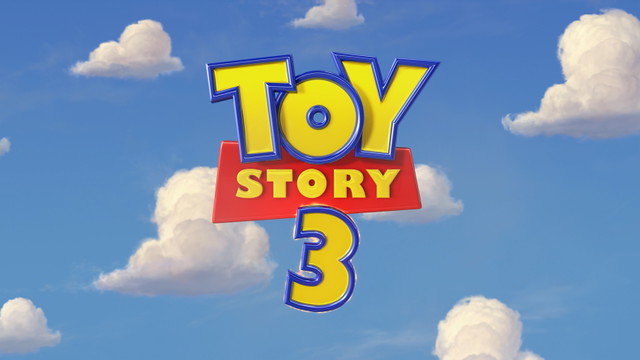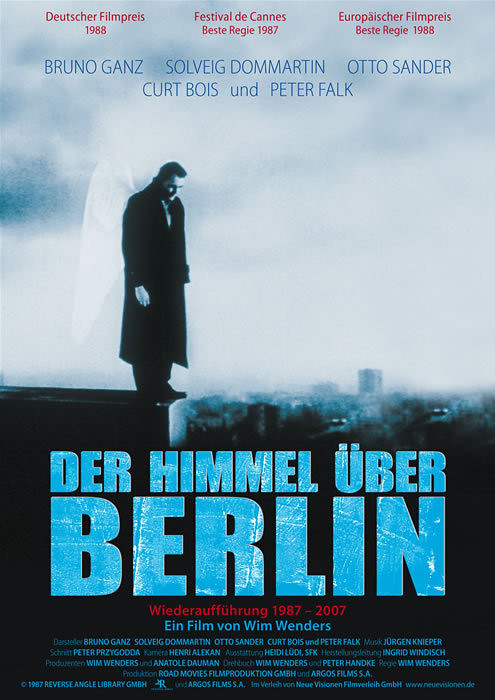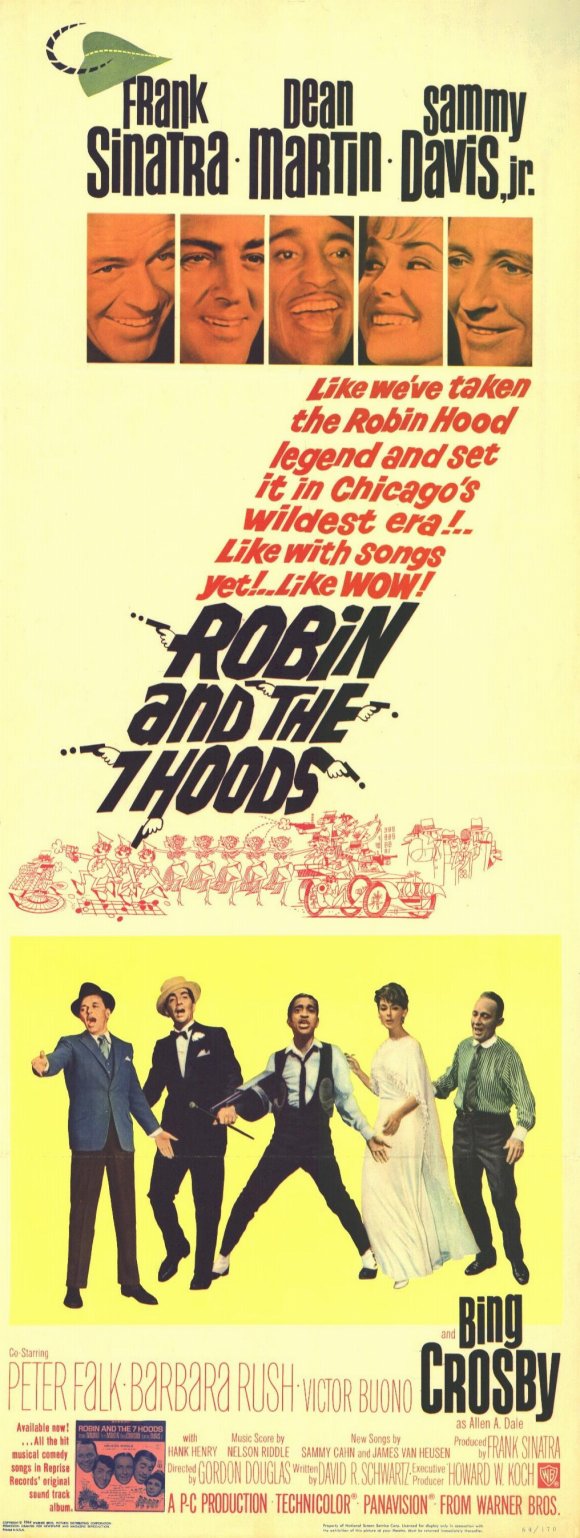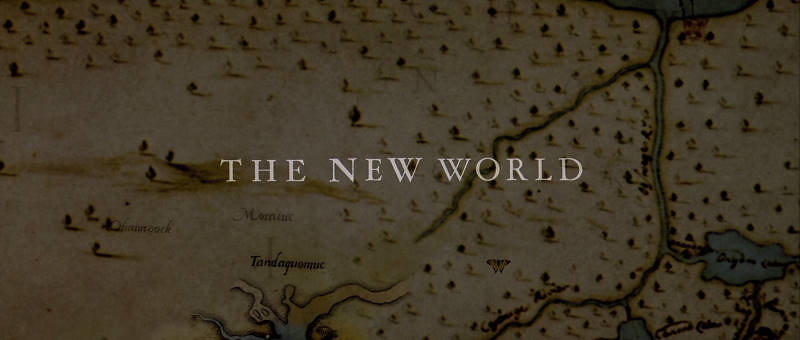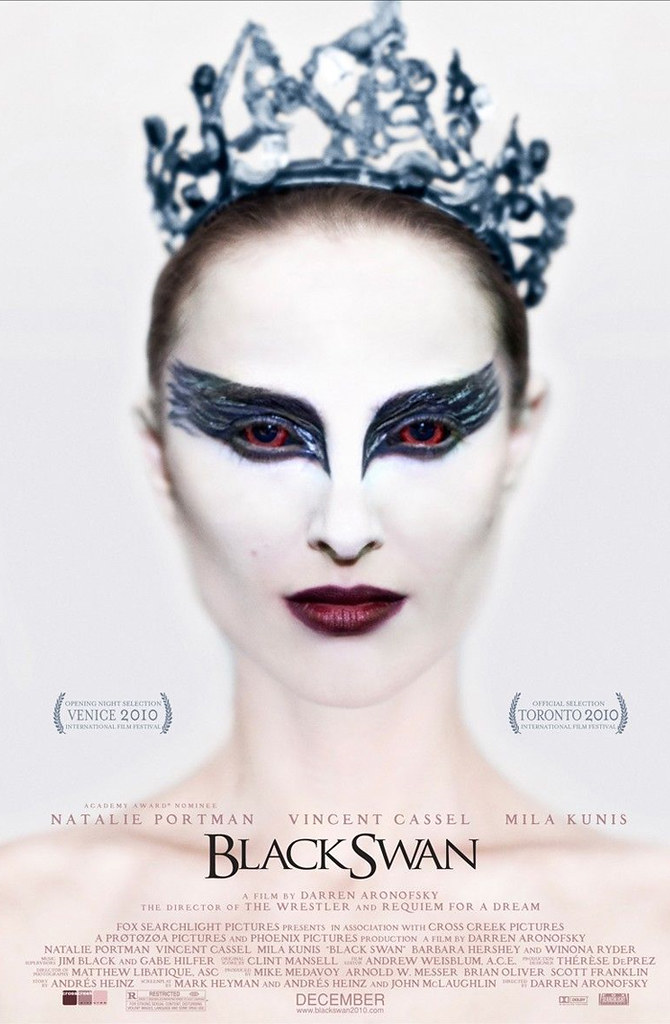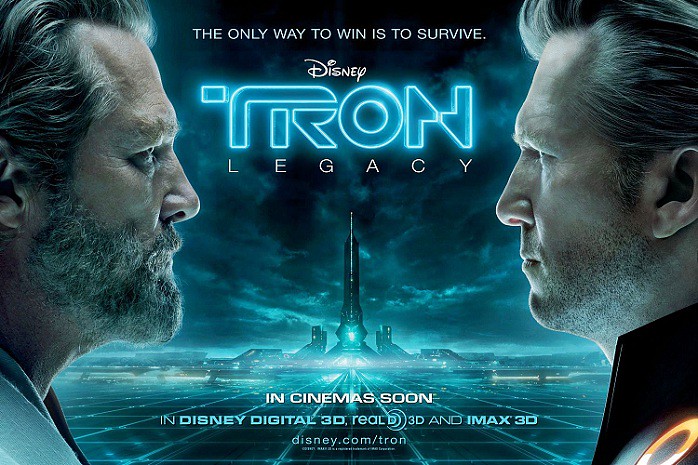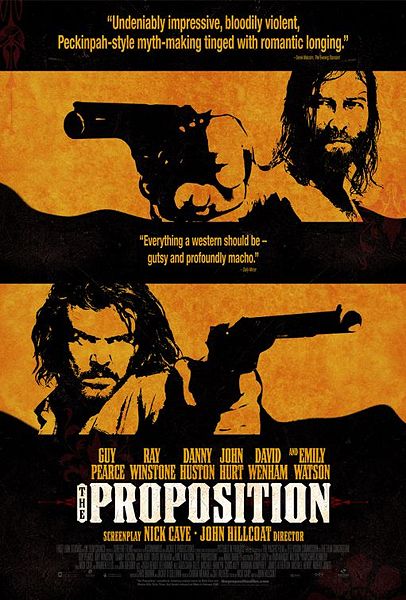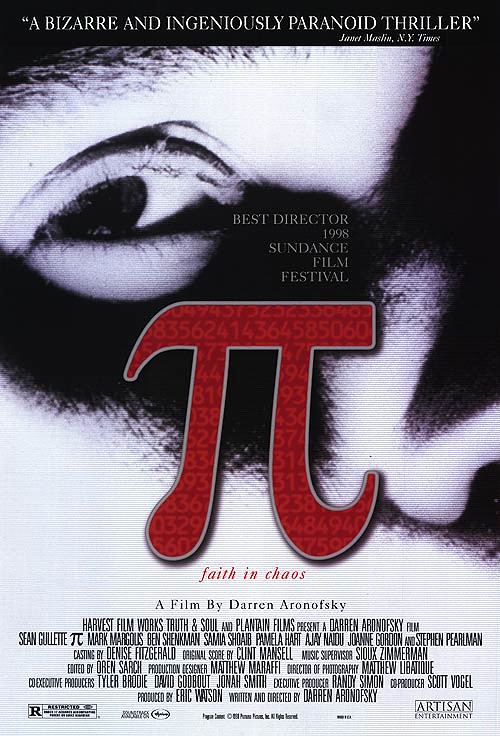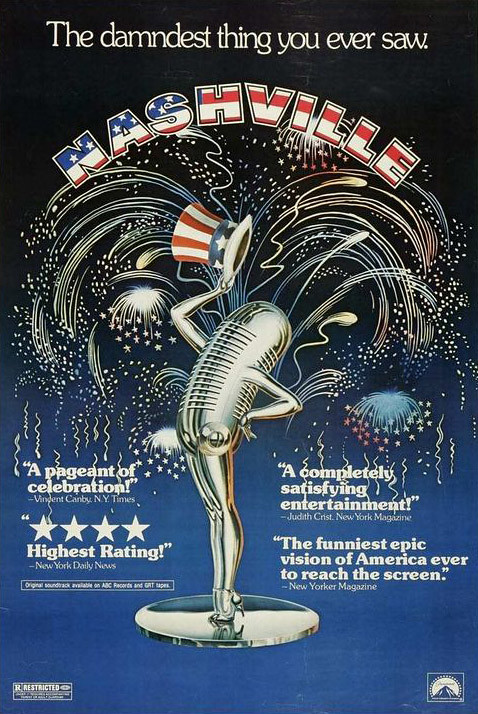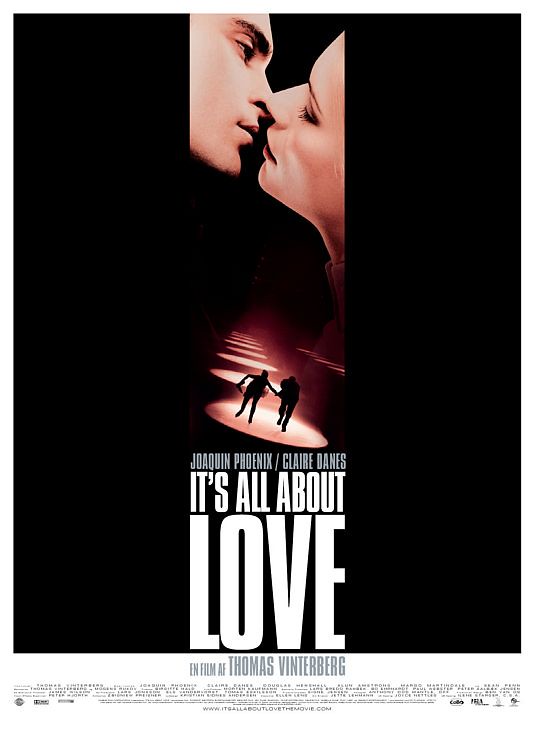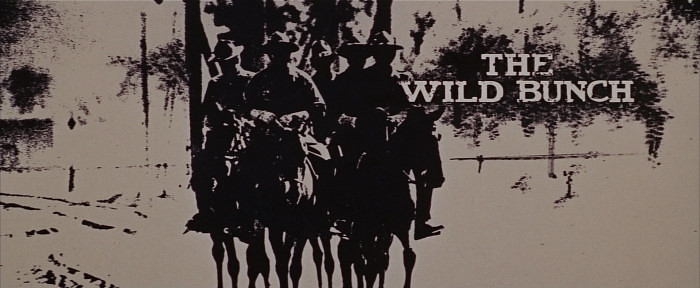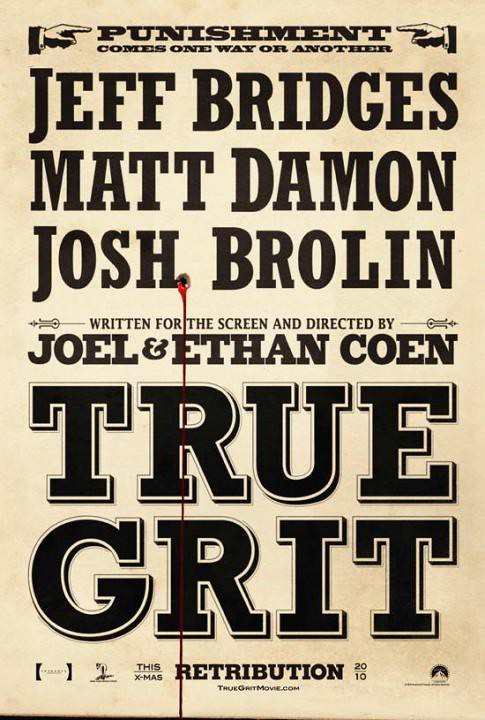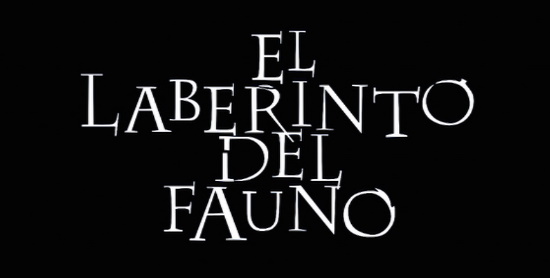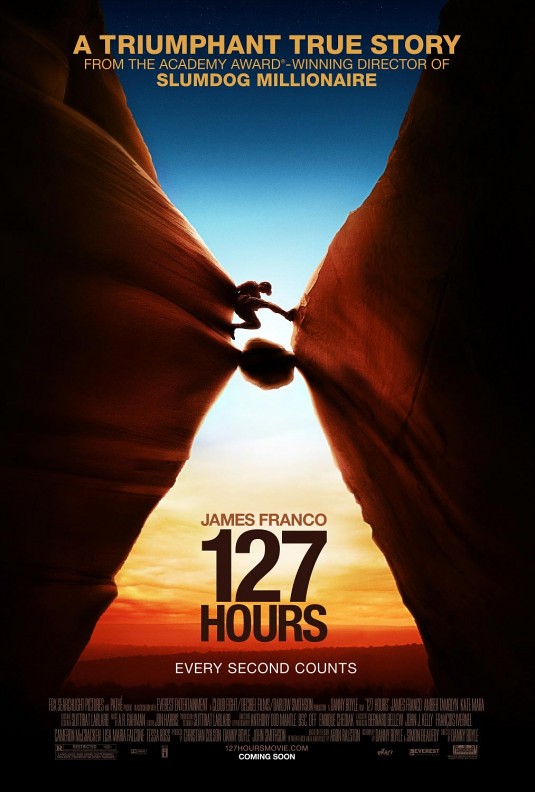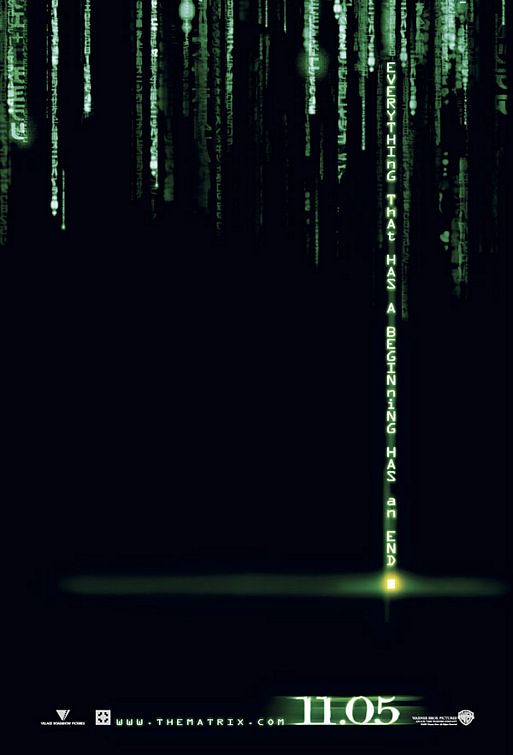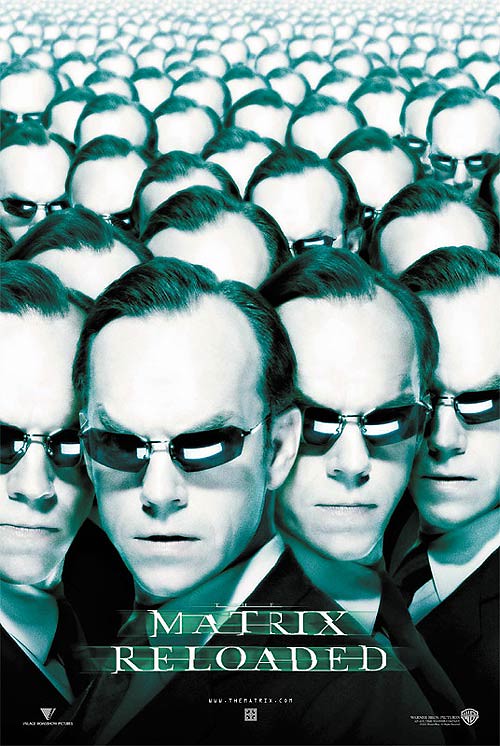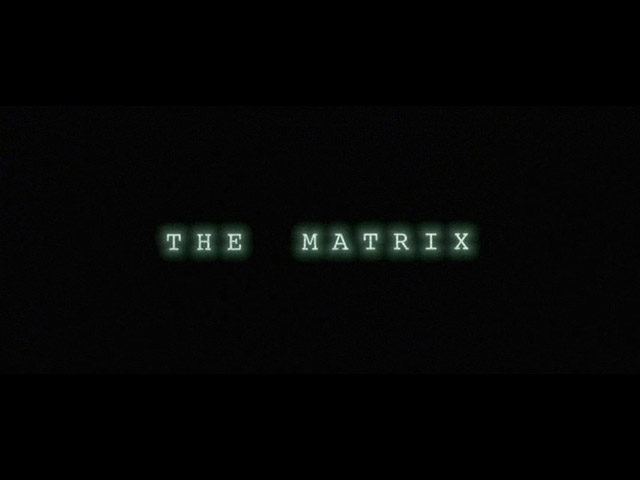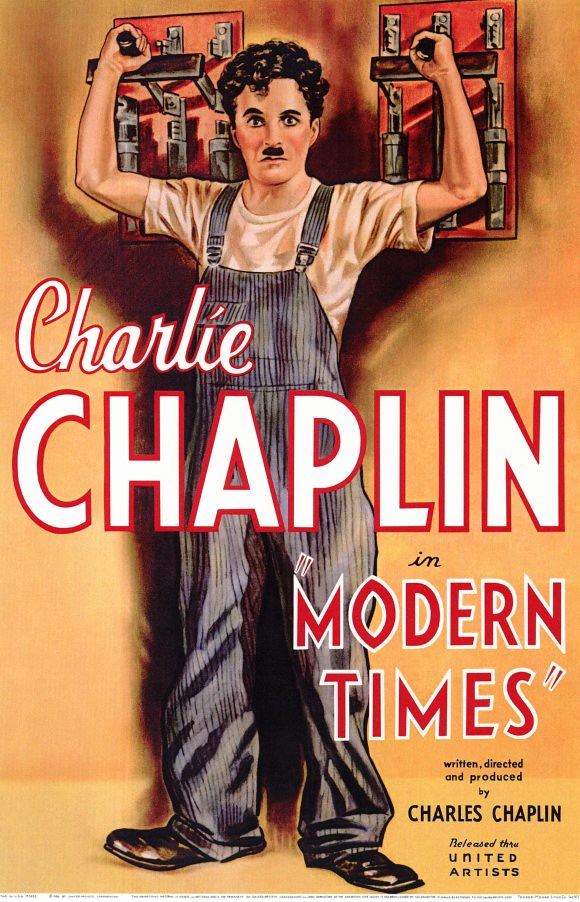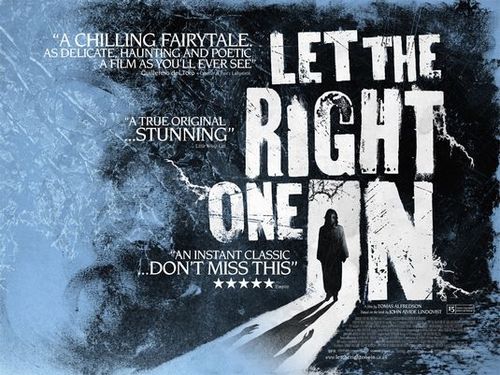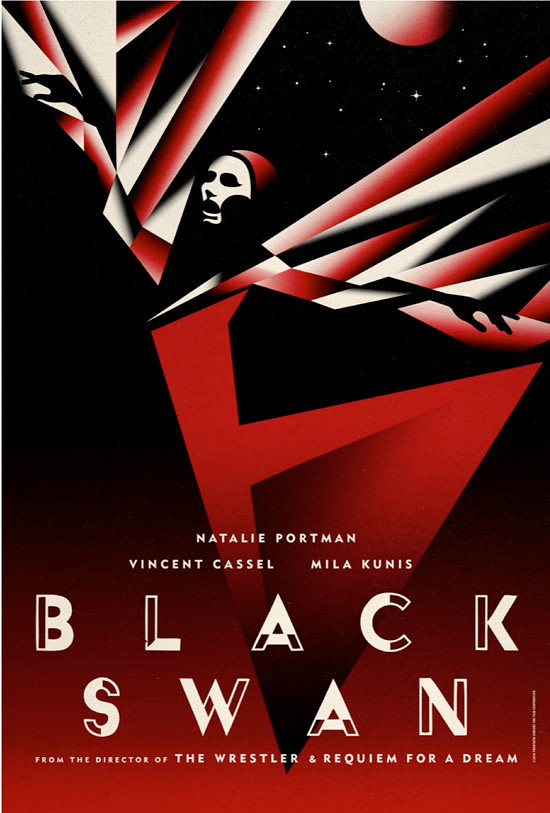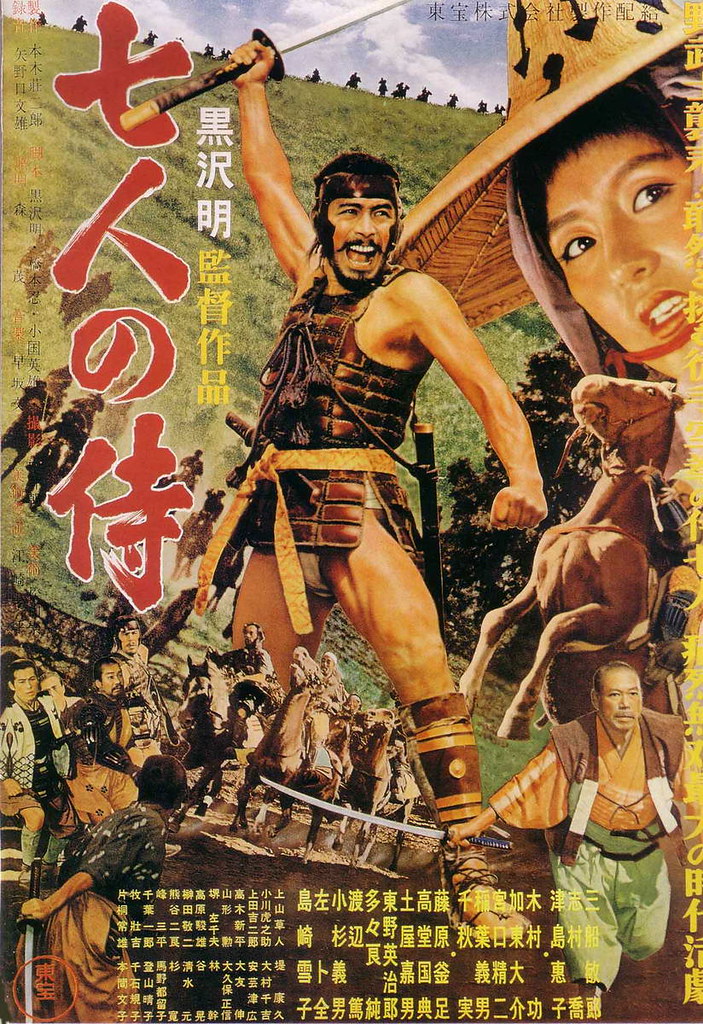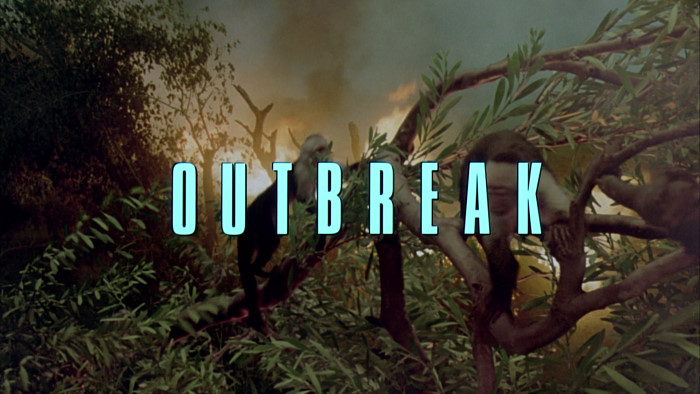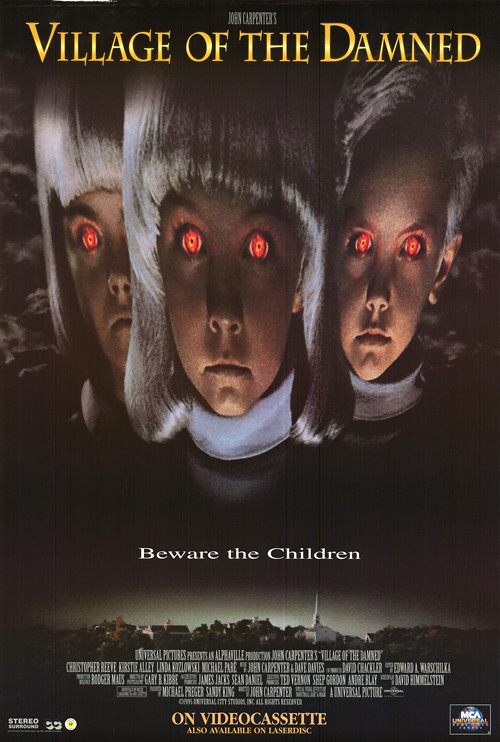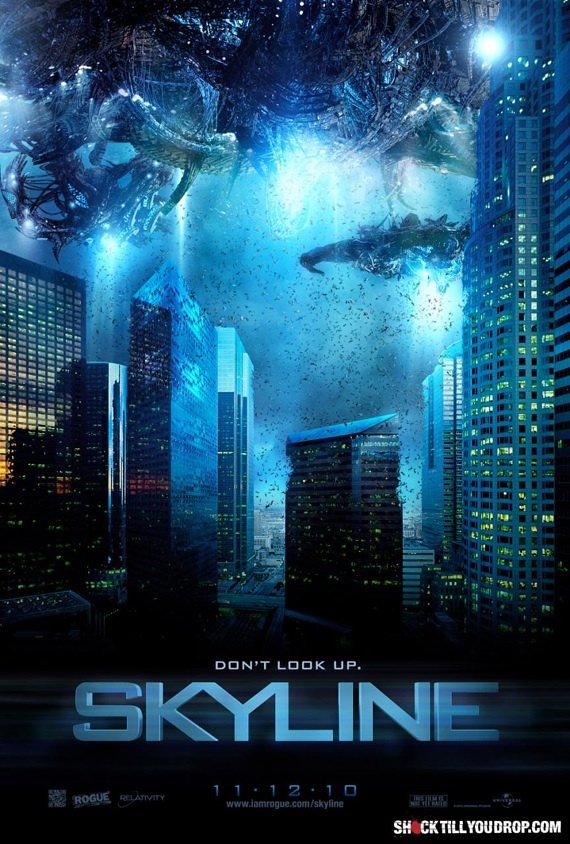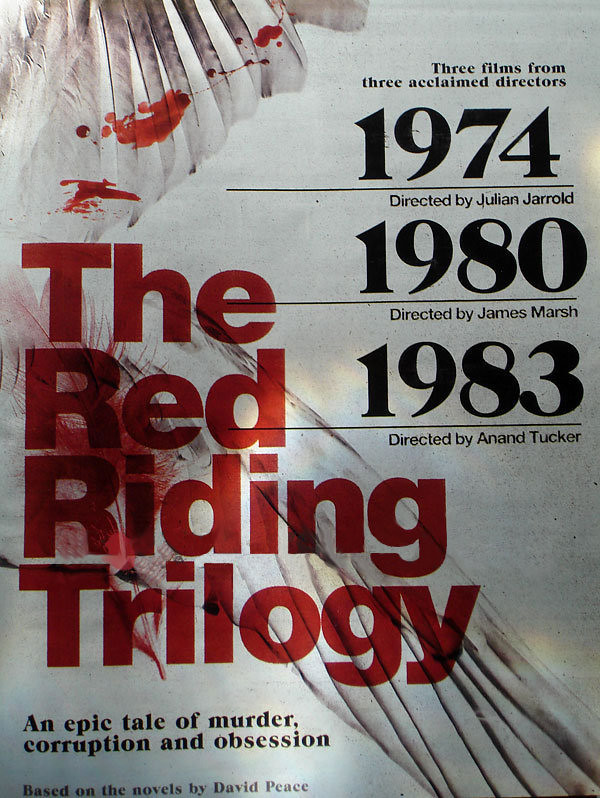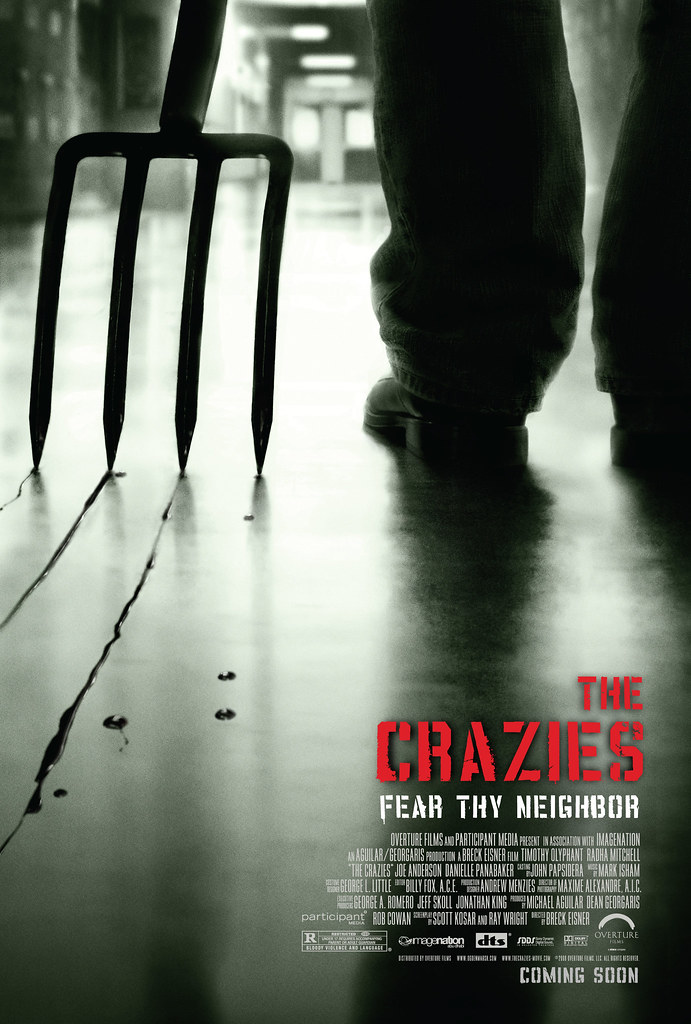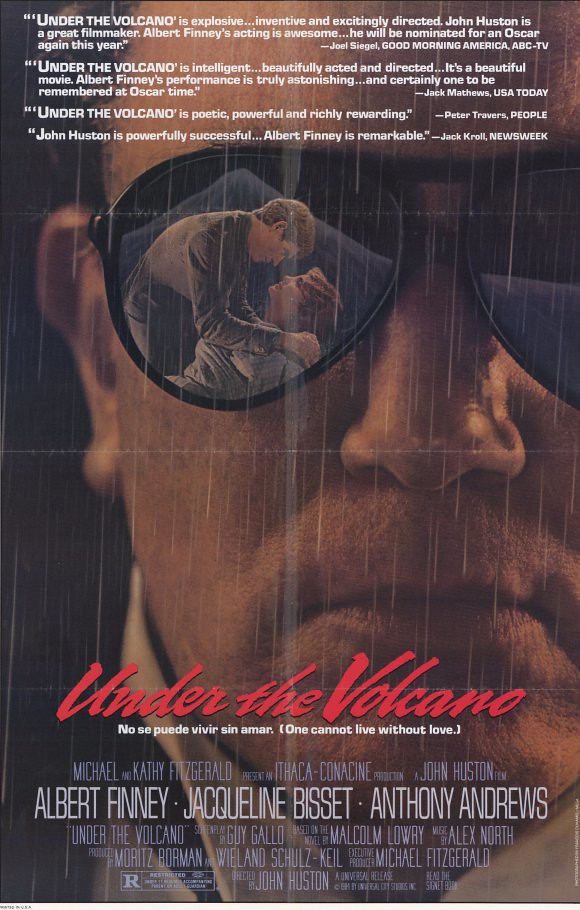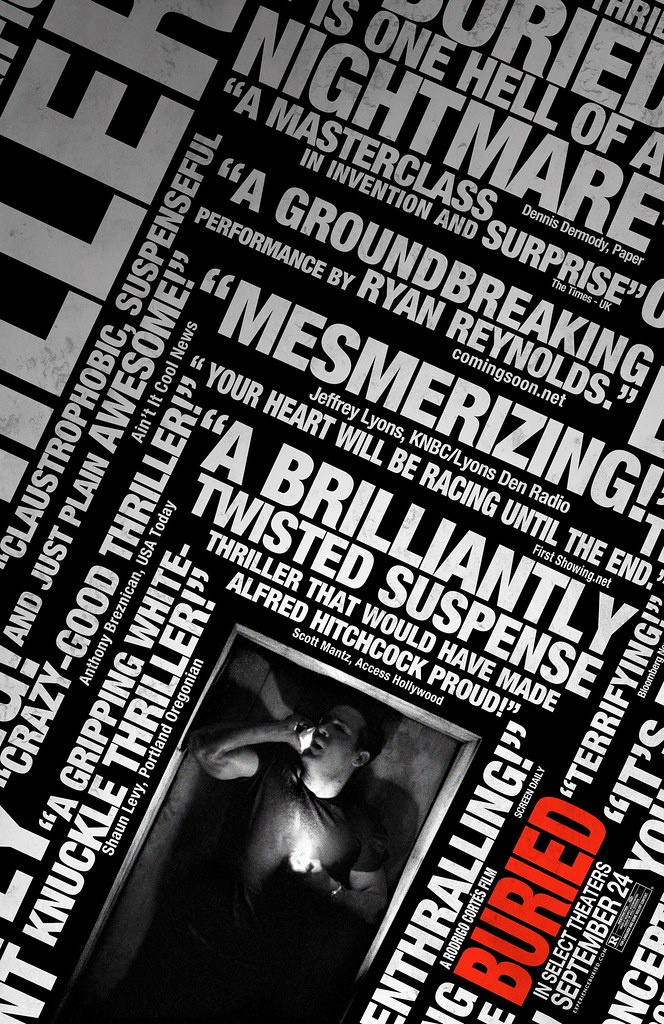
It feels fitting that this is the last movie I'll watch in 2010. In a way it's pretty emblematic of this year in American cinema: it's very good, but it's not really great -- and to be fair, like much of what I saw this year, it doesn't seem to be aiming for greatness. It's got really great direction, but the story is so basic and by-the-numbers that it was impossible not to play along in my head. It's perfectly cast, and really well-directed, there's some really nice sound design and editing choices that help the story rise above the ordinary, and some understated but very intentional camerawork that does the same, but for the most part The Fighter is about as straightforward as the film's title. I know I've said this before, but 2010 seems like a year where Hollywood forwent any kind of ambition or pretense toward excellence, and settled for solidly made, workmanlike, unchallenging fare. The reason there's no lock for "Best Picture" for me is because nobody shot for the stars. To follow that metaphor, they all seem to have agreed to aim collectively for a low orbit. Successful but not transcendent. Worth your ten bucks but that's it.
But enough about the state of cinema. The Fighter feels like it's really Christian Bale's story more than Mark Wahlberg's, or rather Micky (Wahlberg) is clearly our protagonist but like a million stories (off the top of my head, think The Great Gatsby), the guy who the action is about is not always the guy the story is about. I think it's the right choice, letting Dicky (Bale) outshine his little brother the hero, as he's the larger than life character here. The cadre of shrill women led by Alice the mother was almost too much for me to bare, but they made a nice tidal force that showed the character of Charlene and especially Micky's father George, and without them to stand as obstacles the story would have collapsed. Still, I'm glad I'm not stuck in a room with them. Yikes.
The story moves a little fast, but it has to, and other than a couple of overly obvious lines (like Charlene telling Micky that his family runs his life -- yeah, okay, we get that by now, thanks) it's a pretty sharp script. Again, everything about this works, but it doesn't even approach a best-of list for me because it's all so plain. Maybe I'm just not into the kitchen-sink drama approach to filmmaking; clearly I want film to be more and do more, to aim higher. Originally I felt my perspective on this year's films felt more or less objectively qualitative, but maybe the trends of the year are just going against my more personal, obviously subjective expectations and desires. I'll have to talk to some of my friends, like my dear roommate Joseph, who appreciates the more down-to-earth storytelling more than I (of late) do. Stuff to think about.
But I stand by my original comment, that 2010 was a year without ambition for Hollywood and American independent cinema. Well, so it goes. Even without greatness, we've had a large number of good films this year, so maybe I should stop complaining. (Yeah, that'll happen.)
Seen at the Regal Fox Tower.

